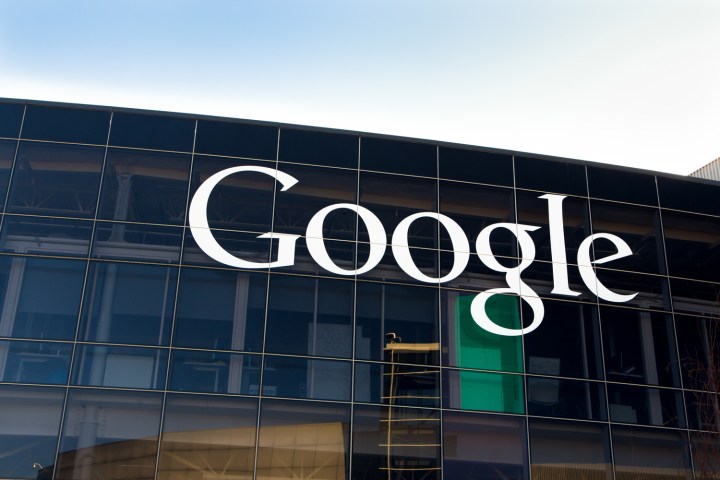
RCS is best described as text messaging on steroids — basically, it’s a modernized version of SMS that brings the aging standard up to par with clients like iMessage and Facebook Messenger. It supports features like group chats, read receipts (timestamps that indicate when a message has been received and seen), high-resolution photo sharing, and typing indicators (the animations that indicate when chat participants are pecking out sentences). It can transmit images and videos up to 100 times larger than multimedia text messaging, the outgoing standard that currently performs that legwork. And it features robust support for group messaging, including the ability to name groups, add new members, and leave existing groups.
The upgrade will begin in earnest later this year. Sprint subscribers with Android devices running KitKat 4.4 will see RCS become available in the coming weeks, provided they’ve installed Google’s Messaging application from Android’s Play Store app market and selected it as their default messaging app. Select LG and Nexus phones, meanwhile, will be “automatically upgraded” to RCS through a forthcoming app update. And owners of Google’s Pixel devices, which ship with Messenger preloaded, will have access to RCS as long as they don’t switch their default messaging app to another client.
Eligible users will be notified via popup message when RCS becomes available. From within Messenger, they’ll be able to toggle a few of the standard’s features including read receipts, typing indicators, and whether or not data’s used for messaging.
Taking advantage of RCS won’t be nearly as complicated in the future. Beginning next year, all Android devices sold by Sprint will come with Messenger configured as the default texting app.
The launch is the fruit of Google’s Jibe Mobile purchase. The company’s technology, which Google acquired late last year, forms the framework of Google’s Universal RCS platform, a standardized text messaging platform the company announced at Mobile World Congress in February. In a speech to attendees, a Google representative promised a “consistent” and “inter-operable” version of the RCS spec that would work with non-Android devices and integrate with third-party APIs and open source tools.
Indeed, Google’s RCS ambitious extend far beyond the Sprint network. The company intends to bring the spec to other carriers in the coming months, though it declines to say which.
But its hands are tied. RCS, unlike the messaging technologies behind internet-based clients like Facebook Messenger, requires support at the cellphone carrier level, and the uptake has been slow: only 49 carriers worldwide have adopted RCS since its debut in 2007. (A notable holdout in the U.S. is Verizon, the nation’s largest cellular provider.) Worse yet, fragmentation is beginning to emerge: many of those carriers are on an older version of RCS that’s only partial compatibility with the flavor that Sprint and others plan to implement.
And then there’s the elephant in the room: Google’s own internet-based messaging platforms, all of which eschew support for RCS in favor of older or proprietary alternatives. Google’s new Allo client, which comes pre-installed on Pixel phones, lacks robust support for cellular messaging. And Hangouts, the company’s all-in-one messaging client, has yet to implement RCS.
But all the same, the search giant appears committed, at least in part, to moving toward the promised future of RCS: platform-agnostic advanced text messaging. “[Text messaging] is one of the most ubiquitous forms of communication today, used by billions of people worldwide,” Amir Sarhangi, head of Google’s RCS efforts, wrote in a blog post. “We’re excited to see this first launch of RCS come to life, providing a better carrier messaging experience for millions of people in the U.S.”
Editors' Recommendations
- A new Google Pixel Tablet is coming, but it’s not what you think
- Google just released the first Android 15 beta. Here’s what’s new
- We now know when Apple is adding RCS to the iPhone
- Google Messages vs. Samsung Messages: Which app should you use?
- What is RCS messaging? A briefing on the SMS successor


